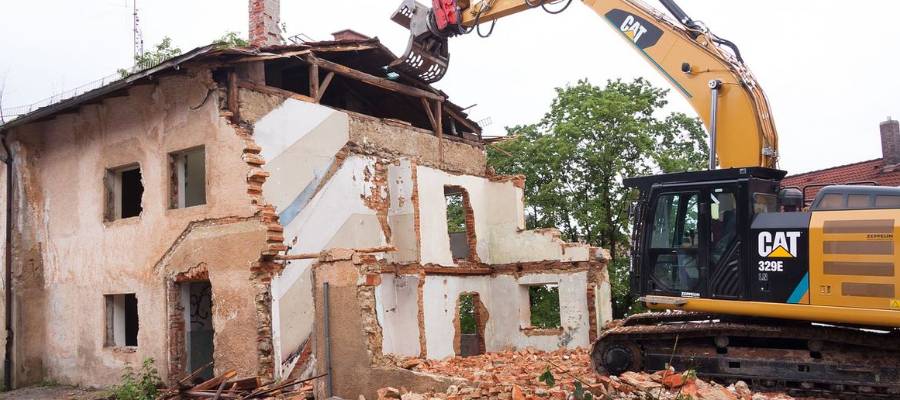Property is one of the best performing assets classes over the last 20 years. As a consequence, more and more people are buying second properties to rent out and benefit both capital appreciation and rental income.
Over the last twenty years, research shows the average property price in the UK has increased upwards of 250% from around £91,000 in 1999, compared to £279,000 today.
Second Property
In its most simple terms, you’re buying a property usually via a mortgage and renting it out to make a profit. The idea is that the monthly rent pays the mortgage, and what’s left can be used to bolster your retirement fund. What’s great about investing in property, you not only get the rental income but also, and this requires property prices to increase, get the capital appreciation.
While this alls sounds excellent, there are a few drawbacks before you start thinking about how you’re going to buy a second property.
Stamp Duty
When you buy a property for over £500K in the UK today, you’ll pay stamp duty. As it stands, on your primary residence, below £0 – 500K is 0%, £500 to £925,000 is 5%, £925,001 to £1,500,00 is 10% and £1,500,001 and greater is 12%.
With your second property, these figures are increased by 3%. This means £0 – 500K is 3%, £500 to £925,000 is 8%, £925,001 to £1,500,00 is 13%, £1,500,001 and greater is 15%. Imagine buying a £500,000 second property and having a £15,000 tax bill, just to buy it.
Capital Growth
If it’s your primary residence, you pay no tax on capital growth. This is because you can claim Private Residence Relief on any profit subject to certain conditions having been met. If it’s your second property, you will not be able to benefit from this relief and therefore need to pay tax on any growth depending on your tax bracket.
As an example, if you have a second property and you earn £40,000 a year from your job, and you make £25,000 in profit from the sale of a property, you would pay 20% on the first £10,000 and 40% on the second £10,000 given the £50,000 threshold for higher rate tax in 2020-21.
Rental Income
It’s not only on capital growth that you’ll have a potential tax liability. You could also end up paying tax on the rental income. In the same example as above, if you earn £40,000 a year from your day job and you make £15,000 in profit from your rental property, this would mean that you have a tax liability.
In the UK today, you’d have the first £12,500 tax-free, the next £12,501 – £50,000, you pay 20% an anything above £50,000, you’d pay 40% in tax. In our example, if you earn £40,000, have another £15,000 in rental income, you’d pay 20% on the first £10,000 and 40% on the outstanding £15,000.
How To Raise The Deposit For A 2nd Property
You have two choices when it comes to mortgages. Firstly you can use a Buy-To-Let Mortgage or secondly you can use a second residential mortgage if you plan on living in the property at the same time as your primary residence.
Most people, including myself, will raise the equity needed for a second property, by re-mortgaging their primary residence, however, a question that I’m often asked, is how much they’re allowed to take out of their current property and use to finance a second property.
The answer depends on your “LTV” (Home to Loan Value) which is the balance of the mortgage that is secured on your home, expressed as a percentage of the value of the property. As an example, if your home is worth £500,000 and you have a loan of £250,000, you have a 50:50 LTV.
Final Thoughts
Generally, mortgage lenders don’t like lending above an 80% loan to value, however, there are lenders on the market that will lend up to 95% LTV, although usually, you will pay more for this type of mortgage. If you use the example above, and you have a £250,000 mortgage on a £500,000 property, you would be easily allowed to take out another £150,000 in equity from your home. If you took out £150,000, this would mean you now have a £400,000 mortgage on a £500,000 property and an LTV of 80%.
Remember the maximum LTV that you can borrow would also depend on your current financial position and your financial history. If you have other debt outside your mortgage or have a bad history of CJJ’s, you may find it difficult to get an LTV over 75%.








